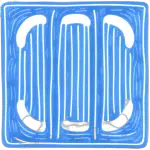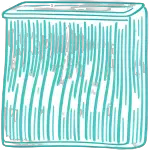Unlock a world of heating knowledge with our comprehensive resources and expert insights.
Guides and Resources
Not sure where to start? Read our latest articles….
- Does An Electric Fireplace Need A Dedicated Circuit?
- Impact of ventilation on energy efficiency in HVAC
- Exploring DIY cleaning solutions for HVAC enthusiasts
- Revitalize Your Yoga Studio with Infrared Heating: Unlock the Benefits, Types, and Installation Process
Your trusted source for all things heating
We strive to simplify your heating needs with expert research, recommendations, and a commitment to your satisfaction.



